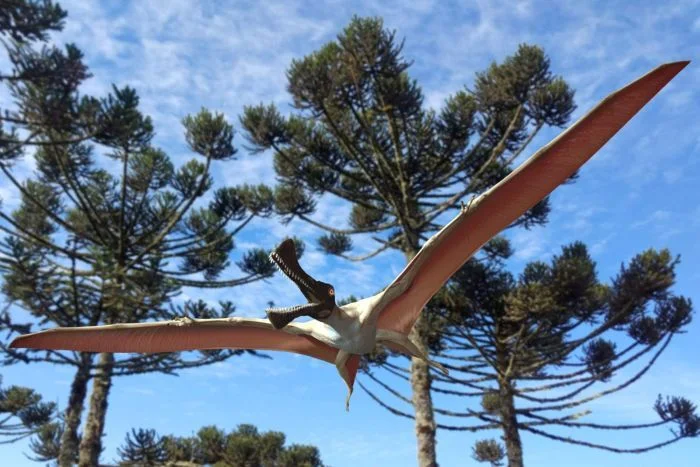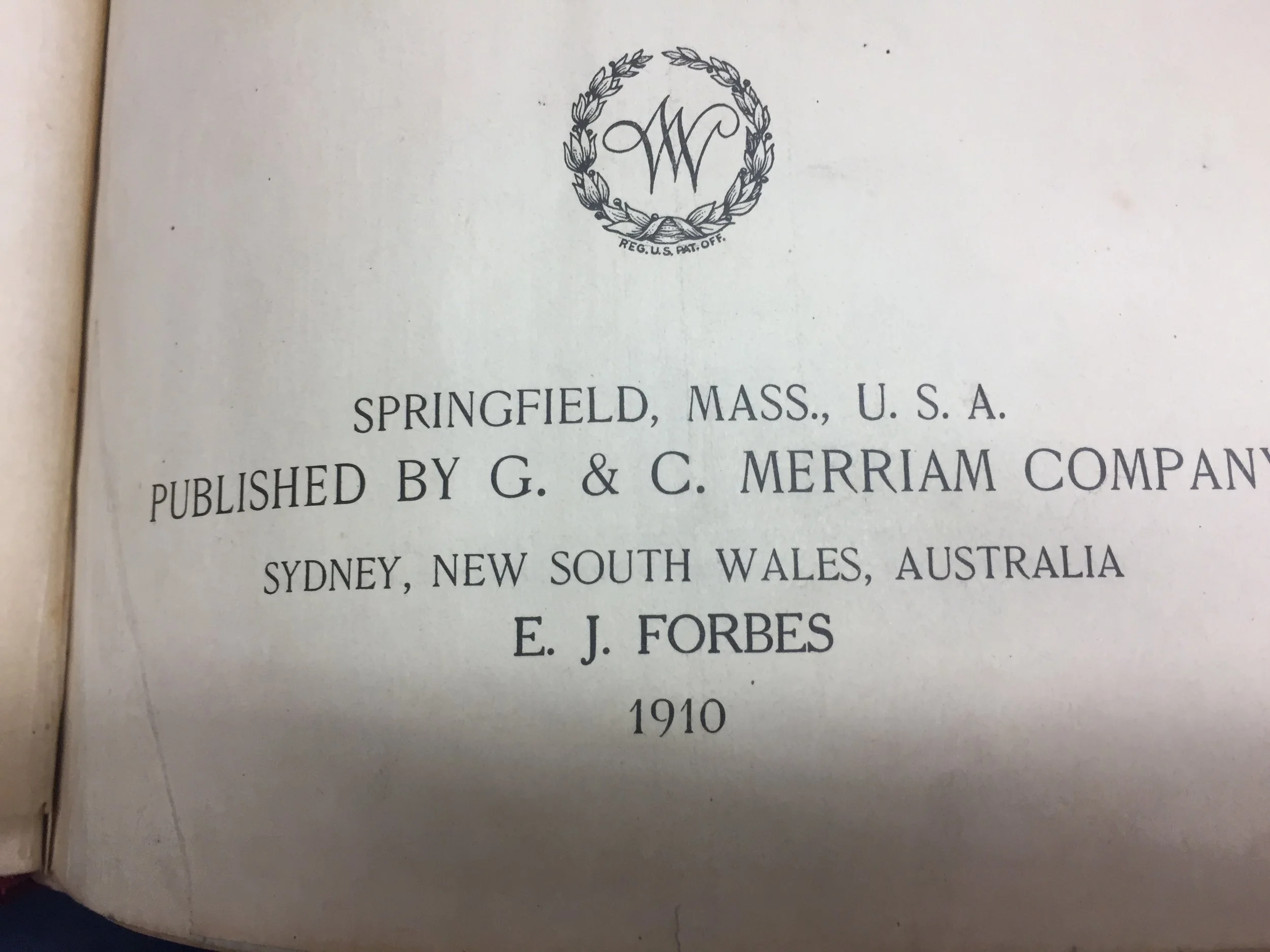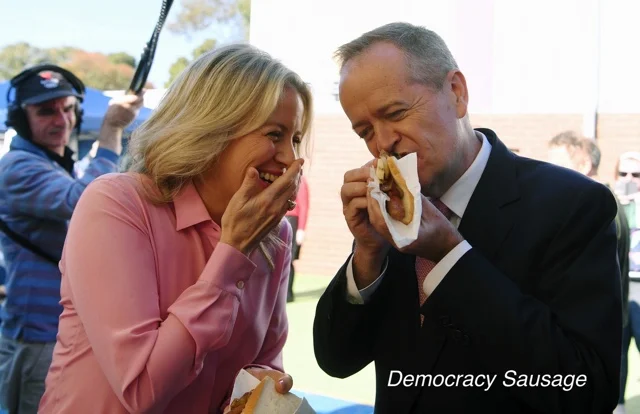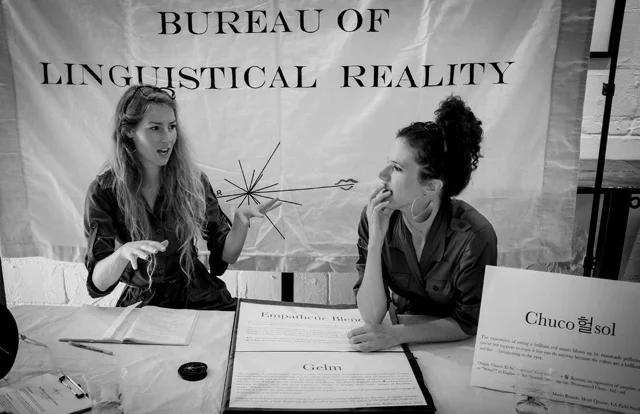We need to acknowledge the efforts made by John Richards who founded the Apostrophe Protection Society in 2001. Aged 96 he is calling it a day on a rather gloomy note. He feels that he has lost and the vast majority of people who misuse the apostrophe have won.
Read MoreI started to think about phrases coming from our experience with motor vehicles, and there are many of them understandably.
Read MoreWe now have competing naming systems, the naming system of the scientific community and that of the community at large who have not caught up with pterosaurs and are still talking about pterodactyls.
Read MoreThere is an interesting tussle emerging between Australian and New Zealand producers of manuka honey over the right to own the name manuka.
Read MoreThe next time someone says that we are being taken over by American English, I will point to the difference in the way our politicians hurl abuse. We stick to terms that have been crafted in the playground, insults like bedwetter.
Read MoreFor me sheila mostly inhabits the phrase blokes and sheilas which I thought of as possibly still used in the bush, but definitely a nod to traditional Aussie English. Harmless. So I had a look at some evidence of use of the word and found some surprising things.
Read MoreThere is politics also in the looming battle between the EU and Australia on our right to produce feta, haloumi, parmesan and prosecco in this country and export it to Europe labelled as such.
Read MoreThe whole notion of driving a car goes back to the days of the horse and carriage and the bullock wagon where the person in charge of the team would encourage the horses or bullocks to move forward. Drive them on. So the sense of forward movement is pretty basic.
Read MoreA caller on a radio talkback program raised the question of using the word crash when we talk about cars colliding rather than accident, the implication being in the case of accident that it was no one’s fault, whereas it probably was someone’s fault and radio presenters should not prejudge the case. They should use the neutral word crash rather than accident.
Read MoreI wrote about Elias John Forbes, his role as agent for the Webster International Dictionaryand his defence of American spelling, but he was a man who had other interests. One was Australian placenames.
Read MoreIn 1896 Elias John Forbes, manager of the Merriam publishing office in Sydney, charged Silas Lyon Moffett, Clarke Parker and Arthur Beckworth Marsh of having ‘wickedly, wrongfully, and maliciously conspired, combined, and agreed together to impoverish the G. and C . Merriam and Company’.
Read MoreI do like the way the democracy sausage has teamed up with the democracy lamington, but the democracy cakes and the democracy op shop have a try-hard sound.
Read MoreFor a dictionary person such as myself, the title Bureau for Linguistical Reality had great attraction. A little searching revealed that this was a public participatory artwork devised by two women, Heidi Quante and Alicia Escott,to which we could all contribute.
Read MoreThe voyage of discovery into bush tucker goes on, this time in Tasmania.
Read MoreThe opening page of Mullumbimby by Melissa Lucashenko throws down the language gauntlet. No longer are we to be sheltered from Aboriginal language.
Read MoreTake a glance at the terms that emerge from our convict and colonial past and you get the unmistakable feeling that life was tough. Anything that was a substitute for the real thing was described as Botany Bay — as in Botany Bay greens, also known as Botany Bay spinach.
Read MoreThe American Dialect Society introduced the Word of the Year as a concept in 1990, setting a pattern that has been followed with enthusiasm by various dictionaries and lexicographers. The different Words of the Year are not exactly comparable.
Read MoreIt is hard to make up a new word. To successfully rewrite an established idiom is impossible. It is astonishing what people think they can do to bend the language to their will.
Read MoreWe are vaguely aware of words disappearing into the past, and I think this generates an anxiety that we might have lost something worth having. A FOMO directed at words that are no longer available to us.
Read MoreSometimes we are confronted with a new phenomenon for which we don’t have a word.
Read More


















